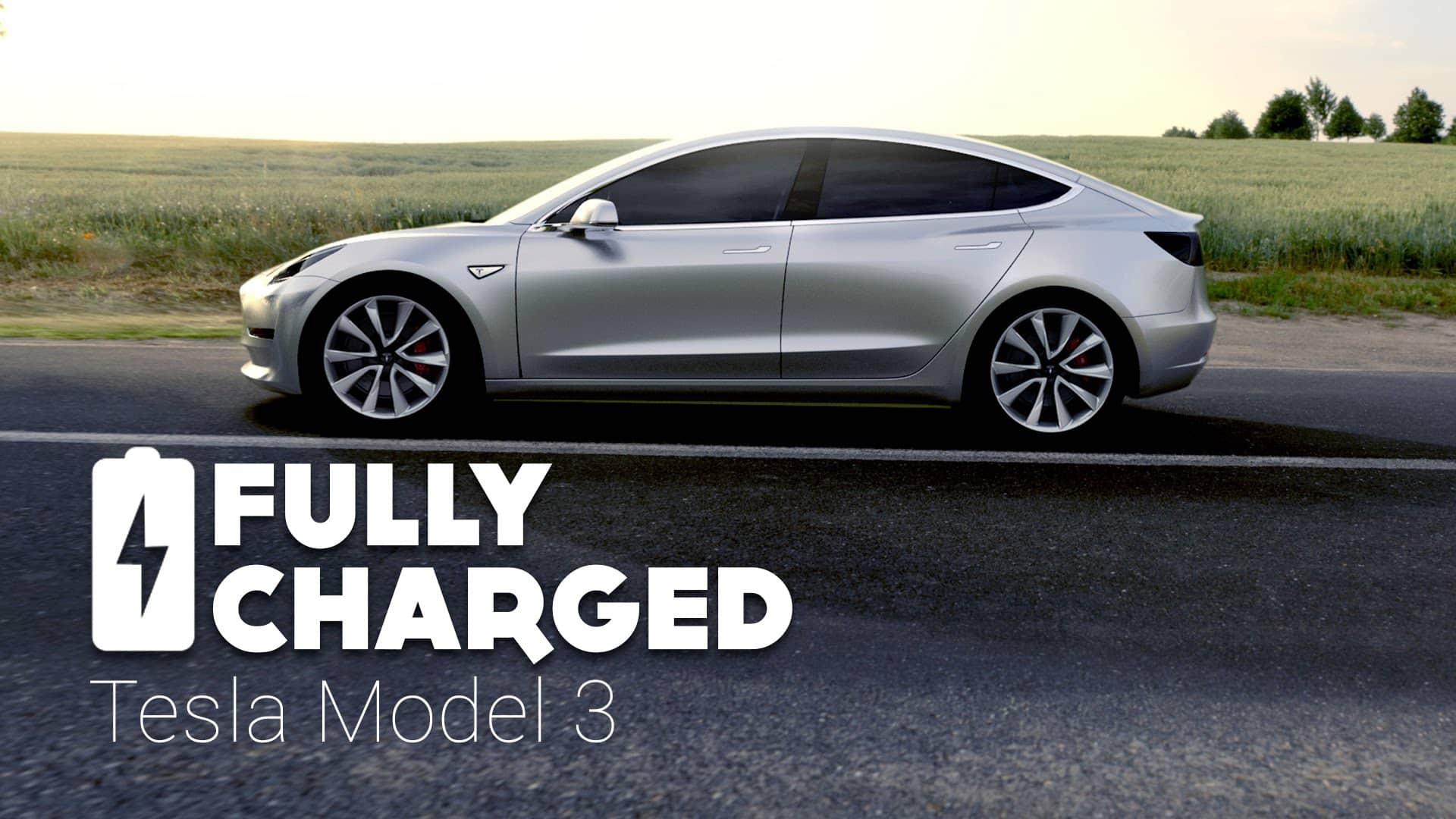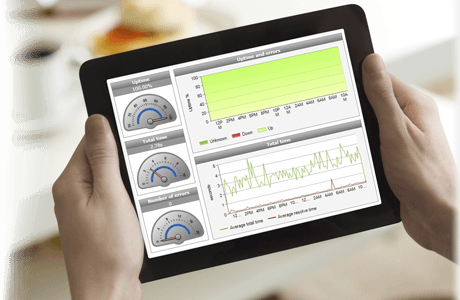Two of the most prominent things in future would be Internet of Things and electric cars. Both of these entities are already functional at different levels with our social framework however full scale operations might be a few years ahead. Non renewable nature of the fossil fuels has questioned our dependency on them for our transport system.
The number of cars in the world is increasing exponentially and the fuel required to run them might just finish very soon. Electric cars are the only way we can ensure that our way of moving from one place to another is not back into iron-age. Such cars will use electricity as the main fuel to propel their engines as electric power is considered to be cleaner and renewable.
Undoubtedly electric cars are the future and Internet of Things will play a crucial role in seamless functioning of vehicles drawing power from electric outlets. Such vehicles will necessarily be battery operated and will need to be recharged after certain hours of driving.
Internet of Things comes into the picture because through IoT all the devices would be connected to each other. Consequently monitoring of devices, maintaining the data, disaster management and several similar factors can be regulated more efficiently. Human involvement will decline to a minimal state and so does the room for human errors.
Electric cars with sensors connected through IoT will ensure smooth traffic management, regulated power supply, smart parking assistance, vehicle control, safety and road assistance. Battery operated electric cars and hybrid cars are already out of the prototype stage and many car manufacturers are keen towards bringing the future of cars to us sooner.
Toyota Prius and Tesla are a couple of exemplary models which work through a battery based mechanism thus reducing the consumption of fuel and reducing the air pollution index caused by burning of fossil fuels. Internet of things will ensure that the components of the vehicles are connected to a grid which provides real time data on factors like battery power, inter and intra vehicle communication systems, the condition of the vehicle etc.
It is of utmost importance that future technologies and innovations should work in accordance with each other thus avoiding any technical conflicts. Coordinated and combined functioning will ensure less glitches and outages regarding the availability of such technologies.
Electric cars do come with certain challenges which can actually be managed through effective coordination with IoT. Unlike the scenario of a couple of decades ago, today the vehicle manufacturers are utilizing many computers for the functioning of a vehicle. Considering the fact that electric cars will be running on a fuel mechanism which would still be in its infancy as compared to traditional fuel based engines.
Hence electric cars will require comprehensive monitoring through several mediums which can efficiently be done through sensors and monitoring devices operating over a network like Internet of Things.
The technologies of future are here knocking at our doors and what we need right now is to embrace the innovations and fuel them further to provide us the infrastructure to support the growth of technological innovations.

